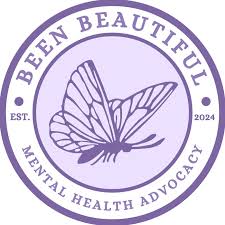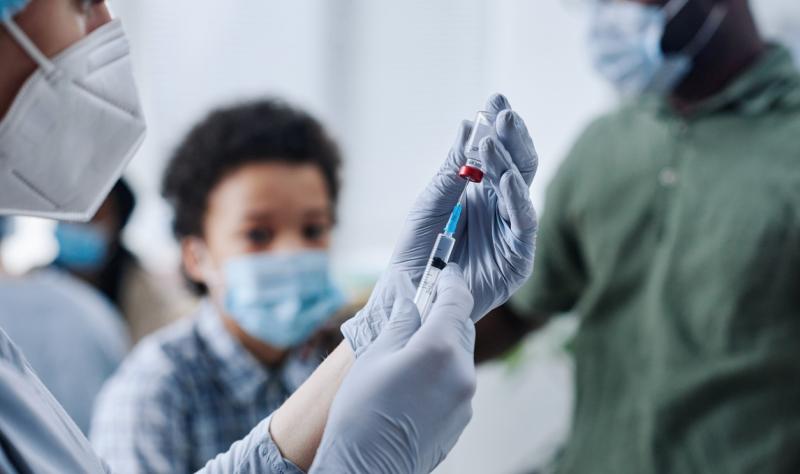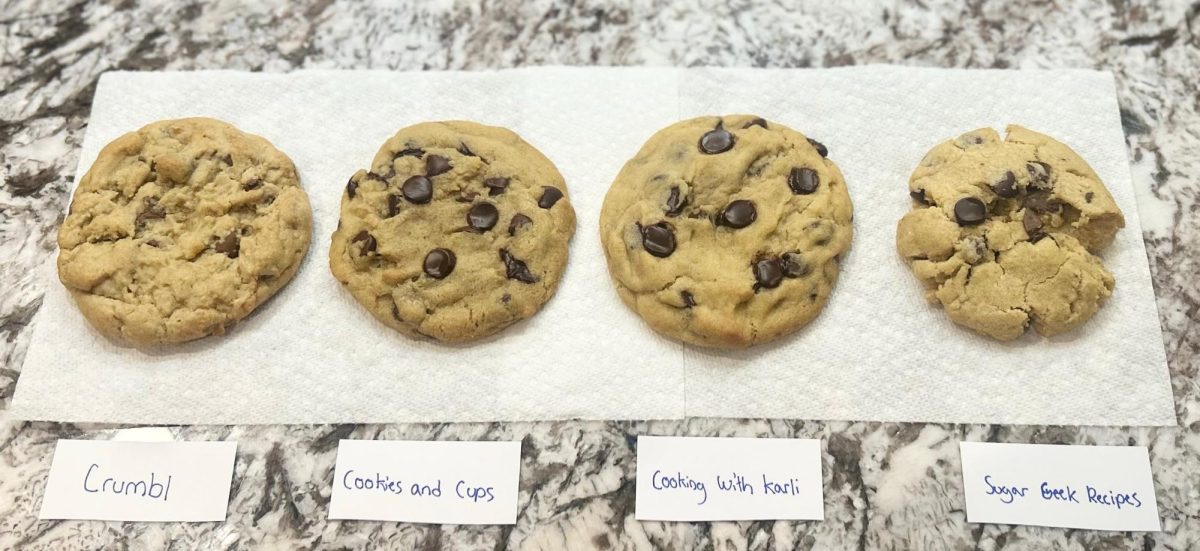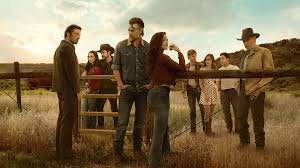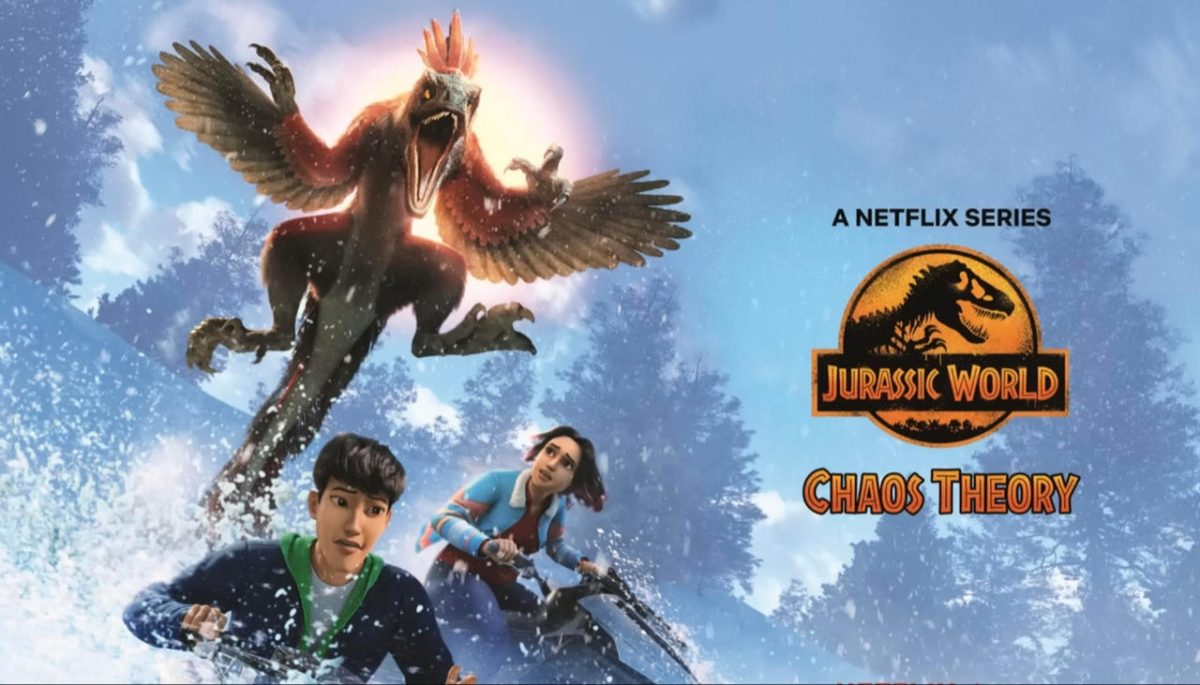Many people refuse to get vaccines and or provide their children with them. Yes, the vaccines that protect you from potential life threatening diseases. “Why?,” some people may ask. The answer to this question mostly consists of them believing that something bad will happen or that a government tracking device will somehow get injected into their child. This paranoia may seem harmless at first, but in reality it’s a serious concern. Take measles for example: a disease that infects the respiratory tract and then spreads throughout the rest of the body, causing fever, coughing, and sometimes rashes or Koplik spots. If you’re lucky, your immune system should make a healthy recovery within a few weeks, but if not, it can spiral into life threatening complications. Unfortunately, measles hits kids pretty hard and is known for spreading at an outrageously fast rate. It spreads mainly through air when someone coughs, sneezes, or even just breathes too close to you, which is why the vaccine is so important to get.
In West Texas, between 2024 and January 2025 there have been 646 cases of measles, tragically, 2 fatalities reported. It has been discovered that most of these cases ended up being kids under 18. Even though throughout the years measles has not been completely eradicated, thanks to MMR vaccines, cases of measles are becoming increasingly rare. Though this is a positive, outbreaks continue to affect the people of West Texas and all over the world. In order to limit outbreaks successfully, 95% of people need to be vaccinated.
Some parents hesitate vaccinating their kids because of false claims, especially the myth that vaccines are linked to autism. Many studies over the years have proven that there is no relation between the vaccine and autism, yet some still can’t put it aside. Christina R. Hermos, an associate professor of pediatrics at UMass Chan Medical School states, “Their child has a full vaccination record, and then they’re due for their next one, and they’re completely convinced that they’re making a decision between two potentially harmful things for their kids, like, ‘I could potentially harm them with this vaccine versus I could potentially harm them with this disease of the vaccine.’”
Sadly, even the recent death of an unvaccinated child hasn’t been enough to shift some peoples’ mindsets. Vaccines like the MMR are not just beneficial, they are essential. Large scale reviews by the CDC, and WHO, as well as independent researchers, have found the vaccines to be safe and highly effective. These are the same trusted institutions that approve medications we rely on daily. Serious side effects are very rare, as they are with different other types of treatment.
The benefits overwhelmingly outway any chance of a negative. Once you receive the vaccine, you are 97% protected against measles. We as a society depend on immunity to keep measles from spreading, but the second a non-immune person becomes infected, they potentially could be at a high risk. Robert F. Kennedy, American lawyer and politician, calls the decision to vaccinate “a personal one.” While this may be true, choosing to vaccinate isn’t just a personal decision, it’s a community responsibility, and keeps not only you, but others safe. We owe it to our kids, and our future selves to make smart and evidential decisions. The MMR is not a villain, it’s in fact one of the greatest shields against a disease that once devastated millions of people. We want a world where kids can grow up safe, healthy, and free from a preventable disease, and it starts with your choice. Will you roll up your sleeves, or refuse to vaccinate in the face of misinformation? Remember, it’s not just about you, it never was.








